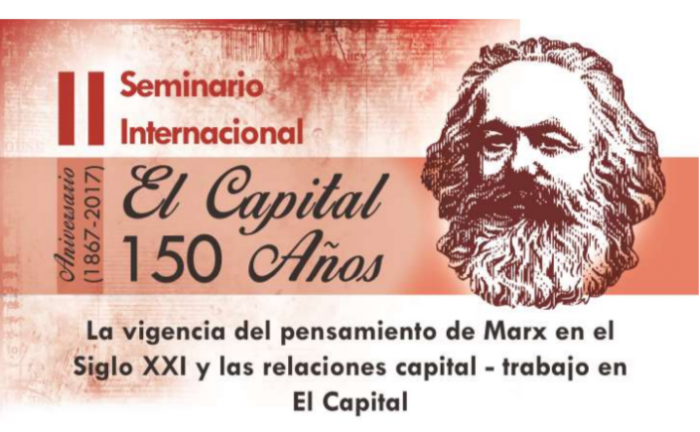Karl Marx and the Classics
An Essay on Value, Crises and the Capitalist Mode of Production
by John Milios, Dimitri Dimoulis and George Economakis
Marx’s Critique of Political Economy constitutes not a “correction” of Classical Political Economy’s “mistakes” or “misunderstandings ”, but the formation of a new theoretical domain, shaping thus a new theoretical object of analysis and a new theoretical “paradigm” of argumentation. Unlike the Ricardian, Marx’s theory of value is a monetary theory. The value of a commodity cannot be determined as such, but only through its form of appearance; it cannot be determined in isolation but only inrelation with all other commodities in the exchange process. This exchange-value relation is materialised by money. In Marx’s system, no other “material embodiment” of (abstract) labour and no other quantitatively defined form of appearance (or measure) of value can exist. As money comprises the only form of appearance of value, both quantities do not belong to the same level of abstraction. In other words, they are incommensurable, and consequently they cannot be the subject of quantitative comparisons and mathematical calculations. In Marx’s system, value does not belong to the world of empirically detectable (and measurable) quantities; only money does.
pdf hereMilios-Marx-and-the-classics(1)

